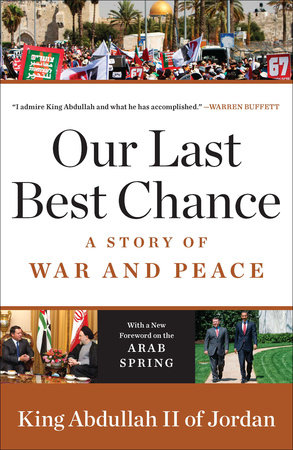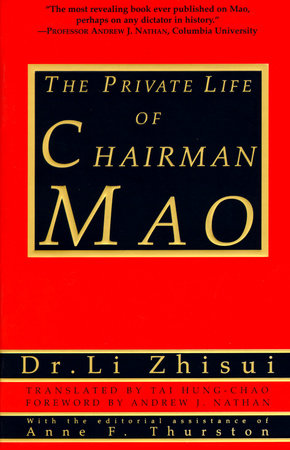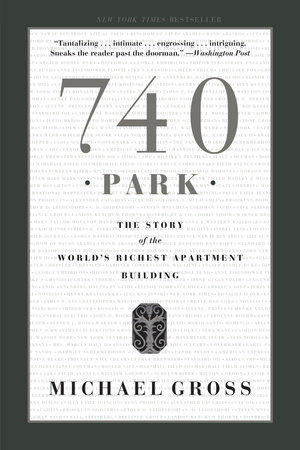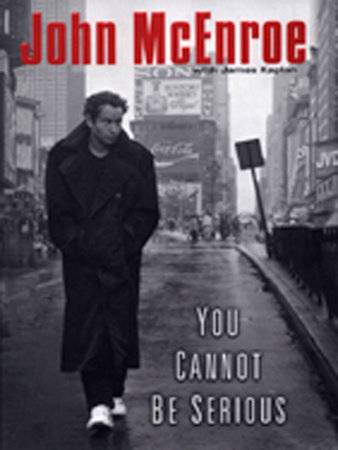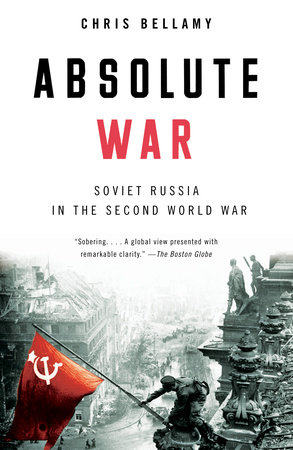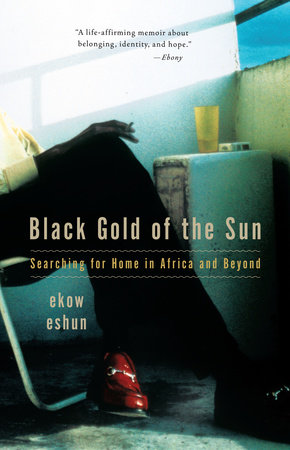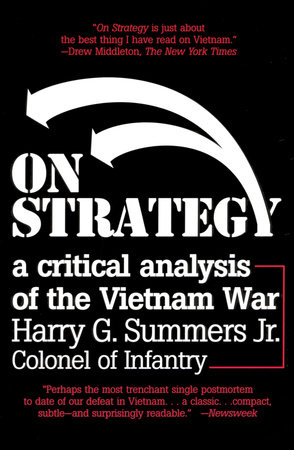Author Q&A
Q: Although she is a fascinating and controversial figure, what made you decide to write the definitive biography of Leni Riefenstahl and how long did it take you to research ?
A: I first became interested in Leni when I was writing about Marlene Dietrich. They were born within eight months of each other in the same city (Berlin) and became the two most famous German women of the 20th century, but almost literal opposites. Dietrich famously became an anti-Nazi and Leni became the darling of the Third Reich. I wanted to know how, and why.
It took me almost seven years to research and write Leni, because so many questions raised by her very long life could be answered only with the help of documents that had never been discovered or properly analyzed or by people who had never been interviewed, like film colleagues and coworkers or the American Army officer who requisitioned her house at the end of WWII, and so on.
Q: Two of her films, Olympia and Triumph of the Will are considered among the most artful and innovative documentaries ever made, and her aesthetic style has often been copied. However, as they glorify Adolf Hitler and the Third Reich to a startling degree, they are unsettling to watch in their propagandist view of fascism. As a former executive in the movie business, what do you think of work as propaganda and as art and can they be separated?
A: Leni was a great and gifted filmmaker of propaganda (not of feature films), though her subject was repellent. It seems to me perfectly logical that a great director could bring technical artistry to propaganda, but it is important to acknowledge, a) that it is propaganda and b) that technique and truth are not necessarily synonymous. It is also important to explore the relationship of art to morality and humanity. If there isn’t any relationship, then what’s art for? And should artists be held accountable for distortions of the truth and the human consequences that may arise?
Q: This book has exclusive, never-published interviews with many important figures of the day: Nazi architect Albert Speer and other Nazi officials as well as various film people Leni worked with closely. How were you able to obtain them?
A: In my research I came across a previously unknown treasure trove of audiotaped interviews made by a film scholar in the 1970s. These interviews included Leni herself, Speer, several of Leni’s early mentors and lovers, numerous film technicians who worked with her (some happily, some not), film distributors, friends, and more. Almost none of them had gone on record about Leni before and their insights were fresh, absolutely unique, and helped me fit together pieces of the puzzle of her complicated life and personality. These tapes were given to me exclusively and unconditionally for Leni.
Q: Later in life, Riefenstahl denied knowing anything of the Holocaust or of using slave labor (in the form of Gypsies destined for Auschwitz) in her films; she also denied that Hitler directly financed her films, which you reveal he did. Among the many, what were the greatest revelations to you when it came to this part of her life?
A: A research coup provided me with previously sealed German court transcripts that have never been published anywhere regarding Leni’s use of Gypsies (including children) as slave labor, including the actual contracts she signed with the Nazis. Seeing in black and white the terms and conditions of slave labor to enable the making of a film during the Second World War starring Leni, personally financed by Hitler, and benefiting the Third Reich gave poignant and appalling meaning to what until then had often seemed somewhat abstract—and inspired, I might add, more than one nightmare.
Q: Leni started her career in the twenties as a dancer and then a star of the early “Alpine films” which glorified the German landscape as well as an athletic ideal. Do you think this contributed to her almost fetishistic attention to physical perfection in her work: first in Nazi Germany and then years later with her photographs of the Nuba tribes of Sudan?
A: I think Leni’s natural athleticism contributed to all of her careers: as a dancer, mountain-climbing movie star, director with more than a little interest in physical perfection, and in her African filming. She was a marvel of energy and physical courage and was obsessed with physical beauty and its erotic impact. You see it in every film she ever made and it fit perfectly with the ethos of the Nazis and their twisted celebration of physical perfection.
Q: Is it known at all that in those early film days at Ufa she competed with Marlene Dietrich for movie roles which Dietrich won?
A: Leni deluded herself that she was a candidate for the role of Lola Lola in The Blue Angel that made Dietrich internationally famous. I studied as a film student with the director of that film, Josef von Sternberg, and he assured me that Leni’s fantasies were unrealistic for two very simple reasons: 1) Leni didn’t then speak English (the film was made in both German and English) and 2) Leni couldn’t sing.
Q: At one point she stated about WWII, “In Poland, I never saw a corpse, not a soldier, not a civilian,” but you prove this not to be the case. How so?
A: Here again the archives yielded secrets no one had found before. Among them was a never-published eyewitness report of a radio operator in Poland who was present at the Nazi massacre of Polish Jews that Leni witnessed. This man wrote about the massacre itself and Leni’s reaction to it as it unfolded. Other corroboration came, oddly enough, from the East German “Stasi” (secret police), which had kept files on Leni until the Berlin wall came down in 1989. They supplied other documents and photos.
Q: At one point, you refer to Leni’s many male lovers as “alumni,” as she slept with a lot of men and even allowed people to think she was having an affair with Hitler (though probably untrue). While she certainly had a voracious appetite for sex throughout her life, do you think the early conquests were mostly to further her career?
A: Leni was a genuinely lusty young (and older) woman with strong and unconventional drives. She was also beautiful and knew how to be charming (she was an actress, after all). In Leni there is an account of her traveling from Berlin to a distant resort spa to secure a part in a picture by sleeping with the picture’s Jewish producer (a man who later became a famous agent in Hollywood—of Billy Wilder, among others). She wasn’t the first dancer or actress to trade sexual favors for parts and the evidence suggests that, for the most part, she never looked back. She was, in fact, nationally known in Germany of the 1930s for her very active sex life.
Only Leni and Hitler know for sure, but it is highly unlikely that she ever slept with him, though not for lack of trying, according to some sources. But she manipulated gossip that she was his mistress to brilliant effect and terrorized Nazi underlings who thought she might be the Führer’s mistress.
Q: Although she made anti-Semitic comments, and was enraptured by Hitler’s screed Mein Kampf, one fascinating piece of information you unearthed is that she falsified her own and her mother’s genealogy in Third Reich documents meant to satisfy Nazi racial laws with Aryan ancestry, which would suggest that her maternal grandmother was Jewish. How likely do you think this is and is there any other explanation?
A: I think it is very likely true. The “missing document”—if it still exists—is her mother’s birth certificate in a part of Poland that was largely destroyed during WWII. Polish authorities discouraged me from ever hoping to find it, though it may yet come to light. Leni’s lies about her ancestry were always on documents meant only to reveal Jewish heritage, so I find it hard to imagine what other purpose her lying could have had.
Q: Was it her ruthless personal ambition, rather than any cause, that drove her the most, do you think?
A: She was a dynamo—or monster—of ambition, whose generalized personal views happened to coincide with the political views of Hitler. She was nothing like a political intellectual, but aligned herself with thugs and criminals in order to make her films and to glorify a murderous regime. This obviously does not excuse her for the work or the ways she allowed it to be used.
Q: Given that she lived to be 101, were there ever any signs in her later life that she regretted what she did in the name of the Third Reich?
A: When Leni was over 100 she hinted that she regretted having made films for the Third Reich, not because of what they glorified or helped enable, but because they later caused her so much personal trouble. Otherwise, she was utterly unrepentant.
Q: Was this a difficult book to write?
A: Of course. A biographer “lives” with his or her subject, and to live through the Third Reich—even at a distance and at a desk—was a grueling experience. Fascinating and illuminating, but grueling.
Q: Of all the films you worked on in your previous incarnation as head of worldwide production for United Artists, can you name one or two that were your favorites?
A: My favorite will always be Woody Allen’s Manhattan. The film I admire most is probably Raging Bull.
Q: Do you have another book project in mind?
A: Yes, but I’m superstitious enough not to talk about it yet!




